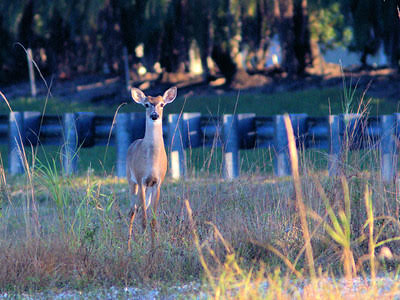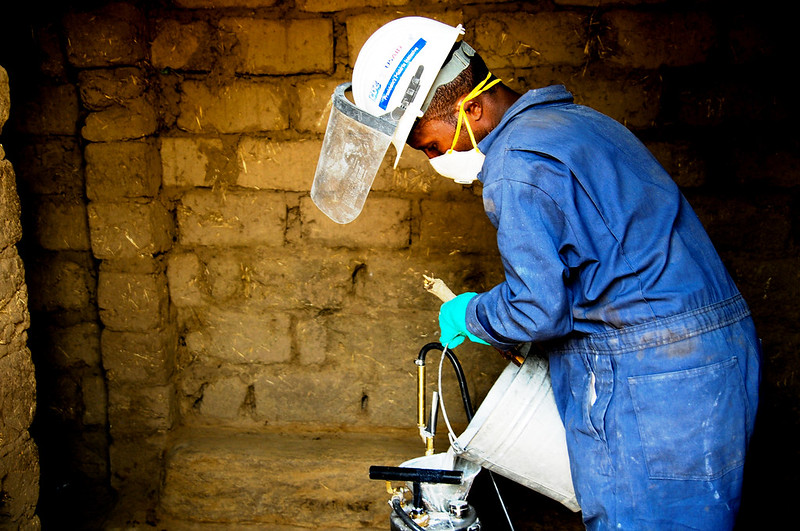
Chronic wasting disease (CWD) has been identified at a Kerr County, Texas, deer farm, the county's first confirmed detection, the Texas Parks and Wildlife Department (TPWD) reported yesterday.
A 3-year-old white-tailed doe tested positive for the fatal prion disease on routine postmortem testing, a finding confirmed by the National Veterinary Services Laboratory (NVSL) in Ames, Iowa. The exact location of the farm wasn't disclosed in the news release.
In December 2023, after a 14-month-old white-tailed buck at the Kerr Wildlife Management Area deer-research facility initially tested positive for CWD, TPWD euthanized all deer in the herd, only to receive a negative test result in January 2024 from the NVSL. No other deer tested positive. TPWD said the decision to cull the herd ended nearly 50 years of white-tailed deer research at the facility.
State's first detection was in 2012
CWD was first found in Texas in 2012 in a wild mule deer in the Hueco Mountains near the state's border with New Mexico. Since then, it has been identified in captive and wild cervids, including white-tailed deer, mule deer, red deer, and elk, TPWD said.
CWD was first found in Texas in 2012 in a wild mule deer in the Hueco Mountains near the state's border with New Mexico.
CWD, a neurologic disease caused by misfolded infectious proteins called prions, affects cervids such as deer, elk, moose, and reindeer. Prions are extremely resilient and can persist in the environment for years. CWD poses an ongoing threat to cervids, because it can spread from animal to animal and through environmental contamination.
The disease isn't known to infect humans, but officials recommend not eating meat from a sick animal and using precautions when field-dressing or butchering cervids.













